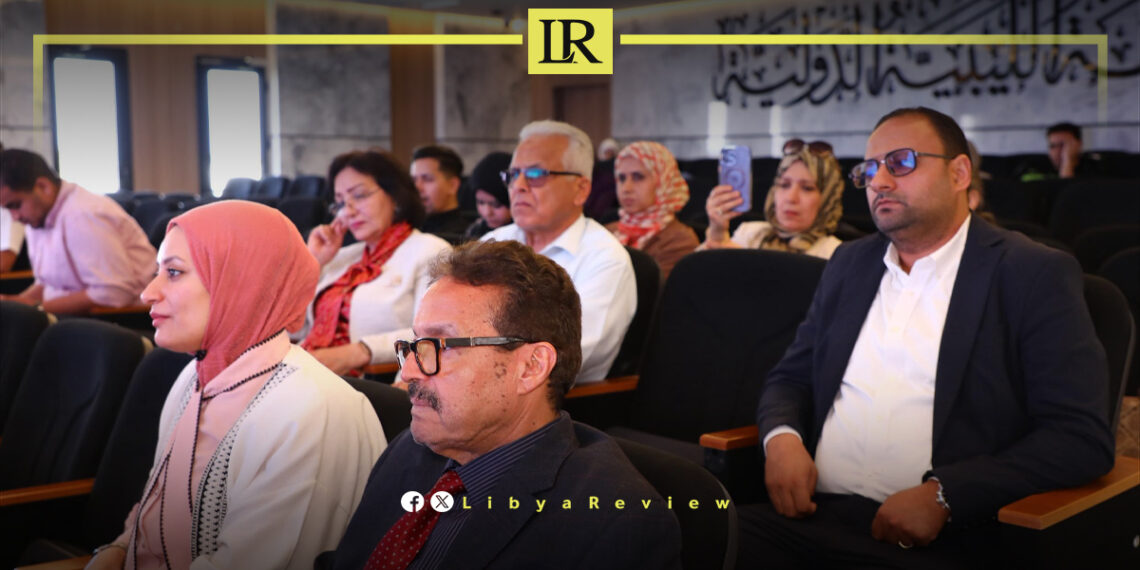Benghazi International University (BIU), in collaboration with Eva Pharma and its School of Nursing Sciences, along with the University Medical Center, hosted a public awareness event on Thursday to mark World Hypertension Day.
The event aimed to raise awareness about the dangers of high blood pressure—often referred to as the “silent killer”—and to promote preventive healthcare within the local community.
Speaking at the event, University Dean Dr. Mohamed Saad emphasized the critical importance of the day, highlighting the prevalence and serious health risks posed by hypertension. “This is one of the most widespread and dangerous chronic diseases, and it often goes undetected until it causes major harm. Raising awareness about prevention, healthy diets, regular physical activity, and consistent medical monitoring is essential,” he stated.
Dr. Saad noted that the initiative reflects the university’s ongoing commitment to community engagement and public health education. He added that the program brought together both academic and medical professionals to offer practical knowledge and services to the public.
The event featured free blood pressure screenings, educational lectures, expert advice on nutrition and prevention, and informational pamphlets for students and visitors.
This campaign is part of a broader effort by the university to support health literacy and community wellbeing in Benghazi and beyond.
Libya has been in chaos since a NATO-backed uprising toppled longtime leader Muammar Gaddafi in 2011. The county has for years been split between rival administrations.
Libya’s economy, heavily reliant on oil, has suffered due to the ongoing conflict. The instability has led to fluctuations in oil production and prices, impacting the global oil market and Libya’s economy.
The conflict has led to a significant humanitarian crisis in Libya, with thousands of people killed, and many more displaced. Migrants and refugees using Libya as a transit point to Europe have also faced dire conditions.
The planned elections for December 2021 were delayed due to disagreements over election laws and the eligibility of certain candidates. This delay has raised concerns about the feasibility of a peaceful political transition.
Despite the ceasefire, security remains a significant concern with sporadic fighting and the presence of mercenaries and foreign fighters. The unification of the military and the removal of foreign forces are crucial challenges.


